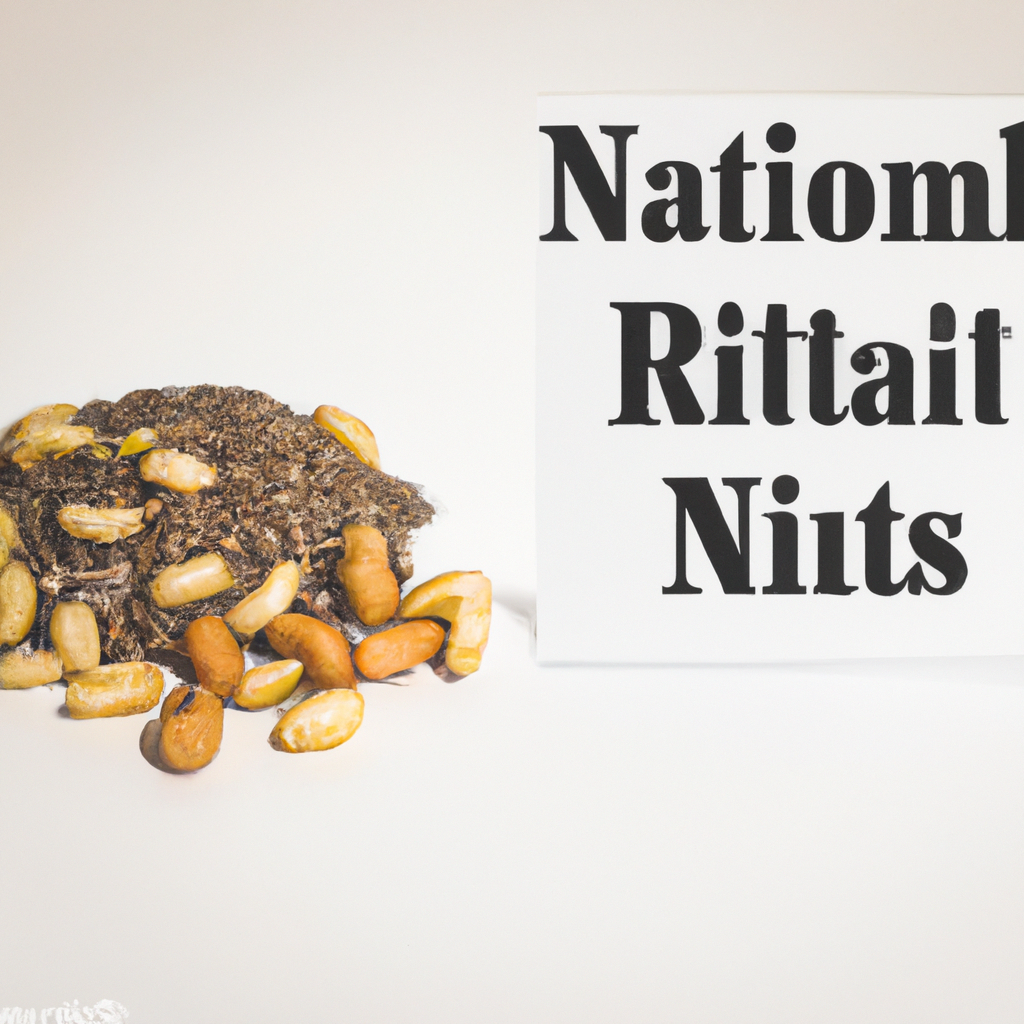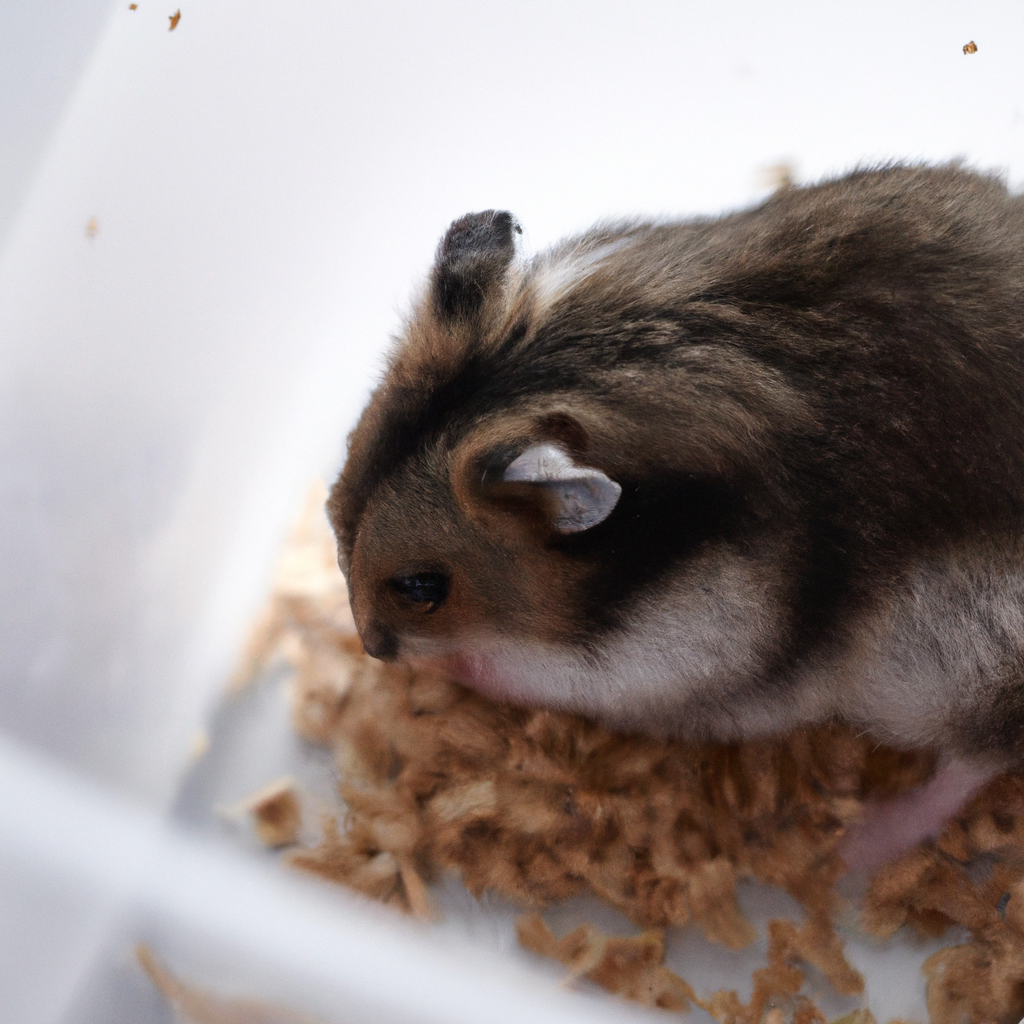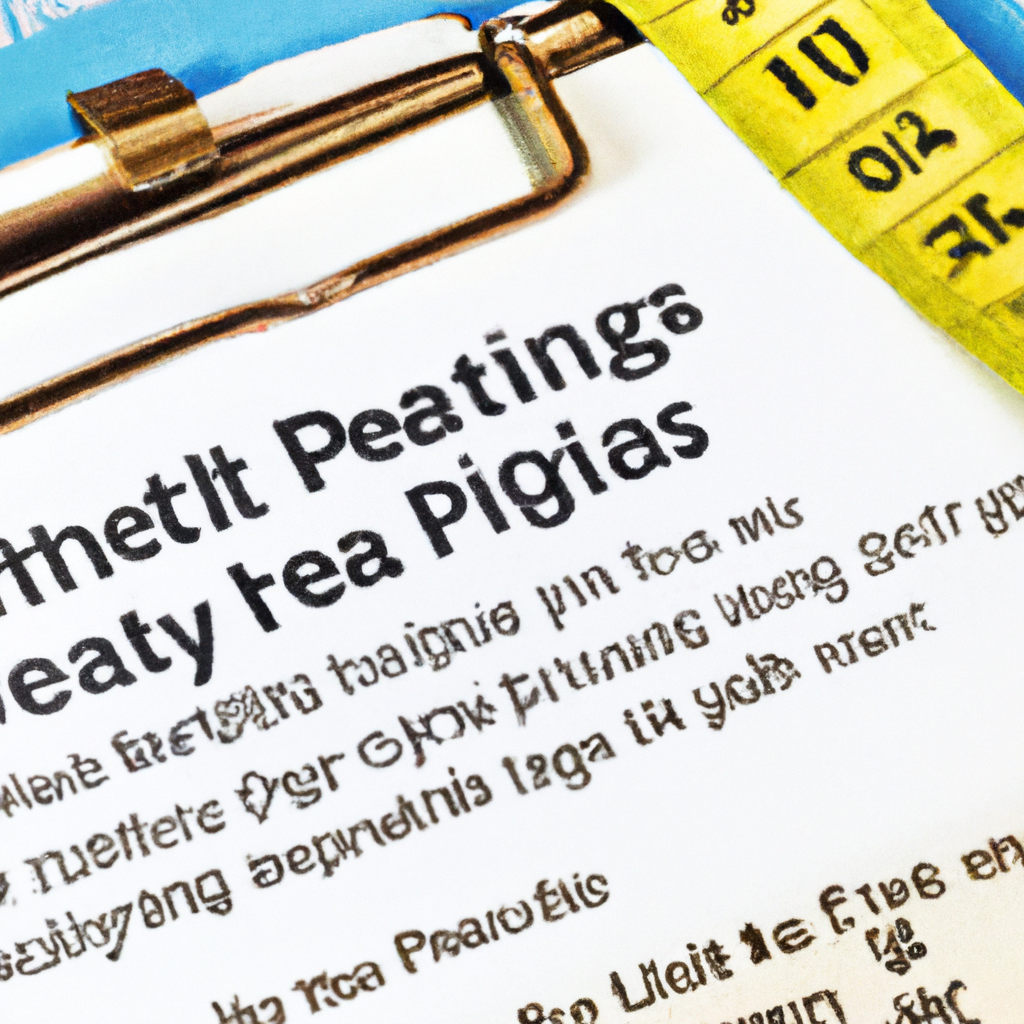Once upon a time, in a bustling forest far, far away, a group of diligent and determined creatures scurried about their business. Among them were remarkable rodents, whose tiny paws and furry tails enchanted anyone lucky enough to spot them. To thrive in their cozy habitats, these pint-sized adventurers relied not only on their boundless energy, but also on the nourishing fuel they derived from their diets. Yes, dear readers, today we delve into the captivating world of small animal nutrition, where the extraordinary lives of rodents are sustained by carefully crafted and balanced meals. At first glance, one might dismiss the importance of providing these minuscule beings with a nutritious diet, but as we will soon uncover, a well-fed rodent is a contented rodent, ready to conquer whatever challenges lie before them. So gather ’round, animal enthusiasts and food aficionados, as we embark on a journey through the intricacies of small animal nutrition, with a special focus on the art of offering balanced diets for our delightful rodent friends.
1. “From Seeds to Science: Unraveling the Secrets of Small Animal Nutrition”
Welcome to a world where tiny creatures hold the key to unlocking the secrets of nutrition. In this article, we embark on a fascinating journey, delving into the intricate web of small animal nutrition.
From petite beetles and minuscule ants to delicate butterflies and elusive spiders, these creatures have been meticulously studied to uncover the mysteries surrounding their dietary needs. Researchers have spent countless hours observing, experimenting, and analyzing various aspects of their feeding habits.
One compelling finding is that even the smallest animals have unique nutritional requirements. These creatures, often overlooked, comprise a complex tapestry of herbivores, omnivores, and carnivores, each with its own specialized diet. Some emphasize protein-packed insects, while others favor plant-based meals rich in essential vitamins and minerals.
The intricacies of their digestive systems are equally captivating. Did you know that certain small animals possess specialized enzymes that break down complex sugars? Others have chambers within their stomachs where symbiotic bacteria assist in the digestion process. These adaptations allow them to extract every ounce of nutrition from their diminutive meals.
Further exploration has revealed astonishing behavioral traits that contribute to their nutritional well-being. For instance, many small animals demonstrate food caching, strategically burying their meals for consumption at a later time. This ingenious survival mechanism ensures a constant food supply during lean times or when they are unable to venture out to search for sustenance.
As we delve deeper into the realm of small animal nutrition, we begin to appreciate the intricate relationships between these fascinating creatures and their environment. From the interplay between plant toxins and the development of detoxification mechanisms in insects, to the evolution of feeding adaptations driven by climatic changes, this field of study dazzles with its complexity.
So, join us on this captivating odyssey as we explore the diverse world of small animal nutrition, uncovering the evolutionary marvels and scientific breakthroughs that shape their dietary needs. Brace yourself for a new perspective on the tiniest inhabitants of our planet, as we unravel the secrets that lie within their everyday meals.
2. “The Delicate Art of Creating Balanced Diets for Our Furry Friends”
Feeding our beloved furry companions is an art that requires careful consideration and expertise. Just like humans, animals require a balanced and nutritious diet to thrive and maintain optimal health. As responsible pet owners, it is crucial to understand .
1. The importance of protein: High-quality protein sources should form the foundation of any balanced diet for pets. Whether you have a cat or a dog, protein is essential for muscle growth, repair, and overall development. Incorporate lean meats, fish, and poultry into their diet to ensure they receive the necessary amino acids. However, it’s important to remember that certain animal species have specific dietary requirements, so consult a veterinarian for appropriate protein sources for your pet.
2. Healthy carbohydrates: While it’s true that carbohydrates should not comprise the majority of a pet’s diet, they still play a crucial role in providing energy. Opt for complex carbohydrates like whole grains, sweet potatoes, and legumes. These foods are rich in dietary fiber, which aids digestion and helps prevent obesity. Avoid foods with excessive amounts of refined grains or added sugars, as they can lead to weight gain and other health issues.
3. Essential fats: Just as fats are crucial for human health, they are equally vital for our furry friends. Healthy fats provide energy, support nutrient absorption, and contribute to a shiny coat and healthy skin. Incorporate sources of omega-3 fatty acids, such as fish oil or flaxseed, into your pet’s diet. However, it’s important to feed fats in moderation, as excessive consumption can lead to weight gain and other health problems.
4. Vitamins and minerals: Pets, like humans, require a variety of vitamins and minerals to support their overall health and well-being. Ensure their diet includes a balance of essential nutrients, either through their food or supplements recommended by a veterinarian. Leafy greens, vegetables, and fruits can provide essential vitamins and minerals naturally. However, it’s crucial to understand that different species have different dietary needs, so consult a professional to tailor the diet to your pet’s specific requirements.
Providing our furry friends with a well-balanced diet is a testament of our love and commitment to their well-being. Remember that every animal is unique, and their dietary needs may vary. Regularly consult with a veterinarian to ensure your pet is receiving the appropriate balance of nutrients to thrive and live a long, healthy life.
3. “Behind the Curtain: Unveiling the Science of Rodent Nutrition”
Get ready to dive deep into the fascinating world of rodent nutrition as we pull back the curtain on the scientific wonders that fuel these tiny creatures. In this eye-opening journey, we will uncover the secrets behind what keeps our furry friends nourished and healthy.
1. **Nutritional Needs:** Discover the intricate balance of nutrients that rodents require to thrive. From carbohydrates and proteins to vitamins and minerals, we will explore how each element plays a vital role in their overall well-being.
2. **Special Dietary Considerations:** Delve into the unique dietary needs of different rodent species. Learn why guinea pigs need a consistent intake of vitamin C or why hamsters require specific amounts of fat in their diet. Unravel the mysteries behind these tailored nutritional requirements.
3. **Digestion Demystified:** Have you ever wondered how rodents process their food? Through a step-by-step journey, we will unravel the intricacies of digestion in these tiny creatures. From chewing to absorbing nutrients, you’ll gain a newfound appreciation for their remarkable digestive systems.
4. **The Power of Foraging:** Witness the natural foraging instincts of rodents and understand their far-reaching impact on nutrition. Explore the benefits of offering a varied diet that mimics their natural environment, encouraging mental stimulation and physical exercise.
5. **Commercial Diets vs. Homemade:** Understand the pros, cons, and considerations when it comes to choosing between commercial rodent diets and homemade alternatives. We’ll delve into the nutritional content, affordability, and potential benefits or risks to help you make an informed decision.
With “,” you’ll gain a new perspective on the world of rodent dietary needs. Prepare to be captivated as we unravel the nutritional intricacies that contribute to the health and happiness of these fascinating little creatures.
4. “Fueling Tiny Bodies: Unlocking the Perfect Diet for Your Beloved Rodent
When it comes to our beloved rodents, providing them with the perfect diet is essential for their overall health and wellbeing. As tiny as their bodies may be, rodents have unique dietary needs that require careful attention and consideration. By unlocking the right combination of nutrients, we can ensure our little furry friends are fueled to the max!
Fresh Fruits and Vegetables:
- Offer a variety of fresh fruits and veggies to provide essential vitamins and minerals. Choose options such as carrots, broccoli, bell peppers, apples, and strawberries.
- Remember to introduce new foods gradually, as sudden diet changes can upset their sensitive tummies.
Quality Protein:
- Include quality sources of protein in your rodent’s diet, such as small amounts of lean meats, boiled eggs, or tofu. These protein sources help support muscle growth and maintenance.
- Avoid feeding rodents processed meats or high-sodium options, as they can be harmful to their health.
Grains and Seeds:
- Offer a mix of whole grains and seeds to provide energy and essential nutrients. Consider options like brown rice, quinoa, oats, flaxseeds, and sunflower seeds.
- Ensure the grains and seeds are appropriately sized for your rodent’s tiny mouth to prevent choking hazards.
In addition to a well-balanced diet, always ensure your rodent has access to clean, fresh water. Water is crucial for proper hydration and overall bodily functions. Remember, every rodent is unique, so it’s important to consult with a veterinarian to tailor their diet to their specific needs. By unlocking the perfect diet for your beloved rodent, you’ll pave the way for a healthy and happy life together!
Doing so will help your small animals to live a long, healthy life. Animall nutrition is all about providing your small animals with well-balanced diets that meet their individual needs. With the right nutrition and care, your small animal pals are sure to be just as happy and frolicking as ever.





